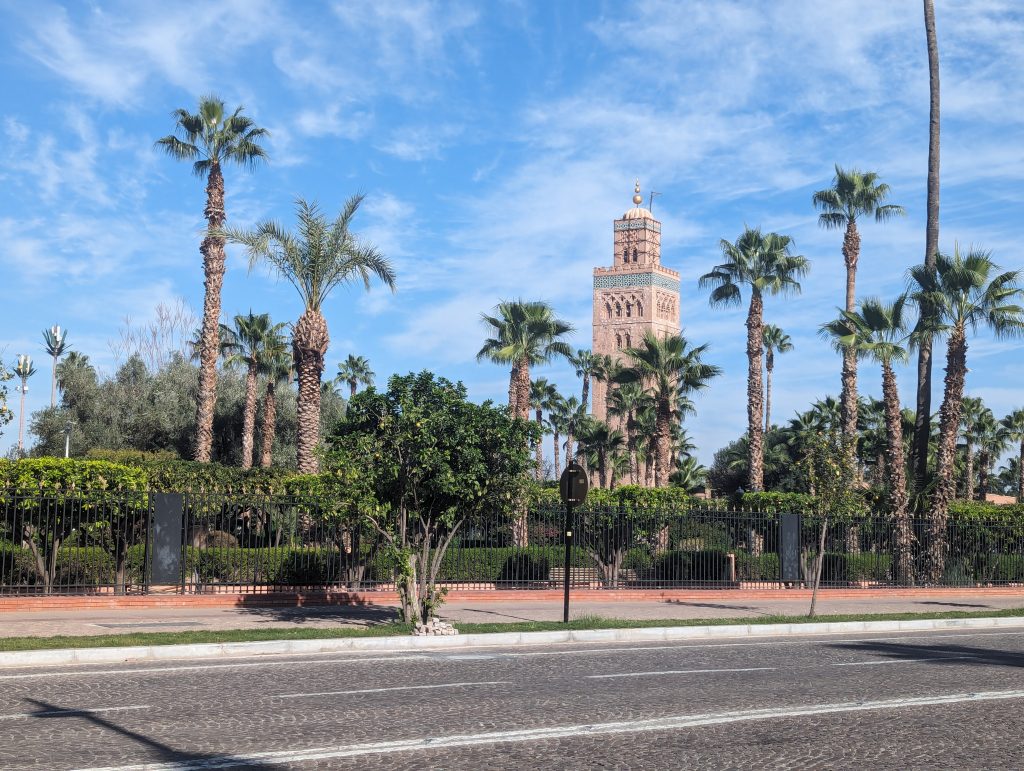
Marrakesh is the fourth largest city in Morocco, a former imperial city with beautiful mosques, palaces and gardens. The city is divided into two, the ancient and new. The walled medieval Medina dates back to 1070 and the Berber Empire, it is densely packed with a maze of alleys full of souks (market stalls) selling everything from traditional textiles, pottery, leather items, household goods, spices, fruit, vegetables, meat to street food. Step outside the old city walls to find a very modern world of wide streets lined with trees, gardens, expensive apartments, hotels and shopping centres full of designer goods from around the world.
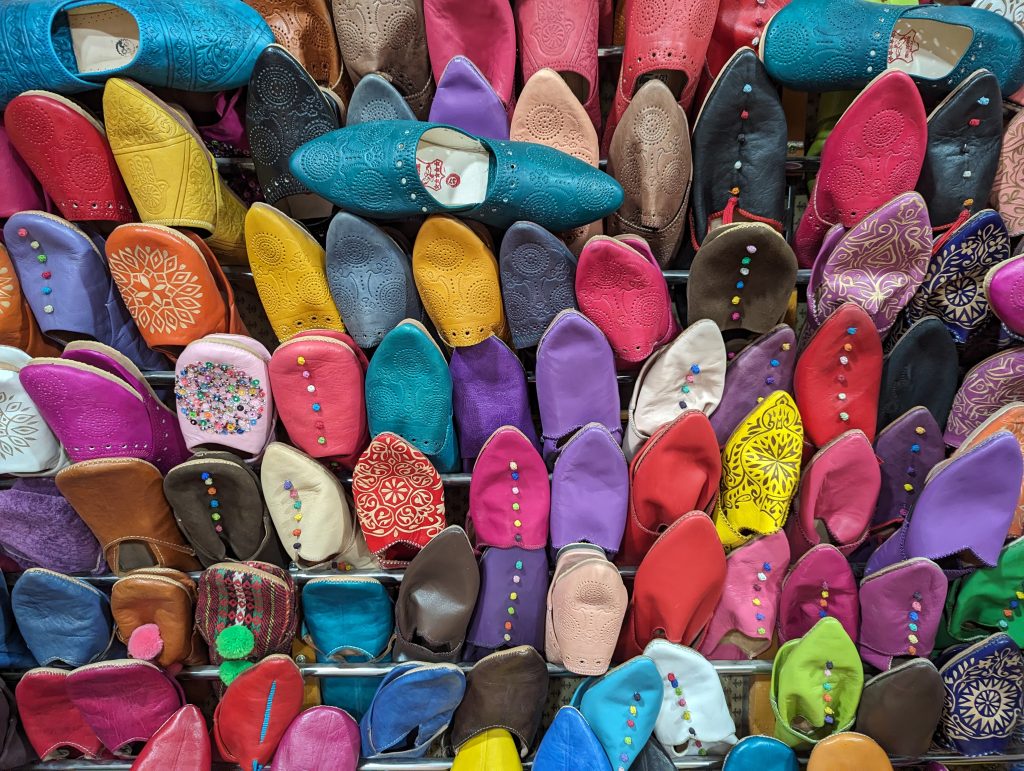
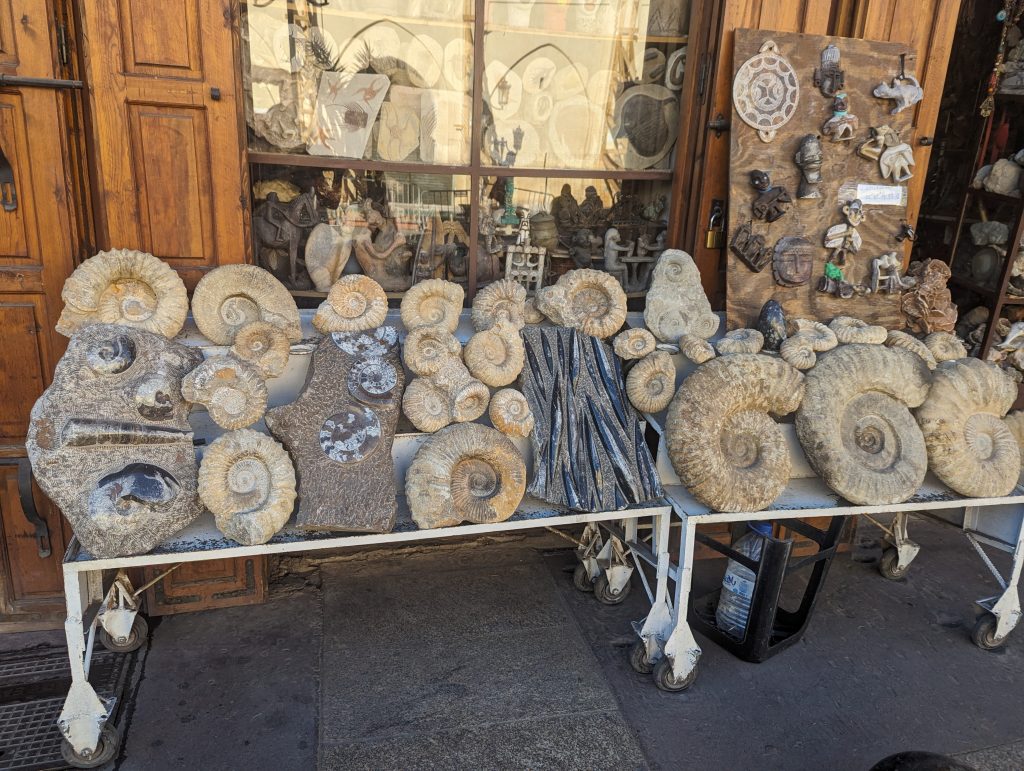
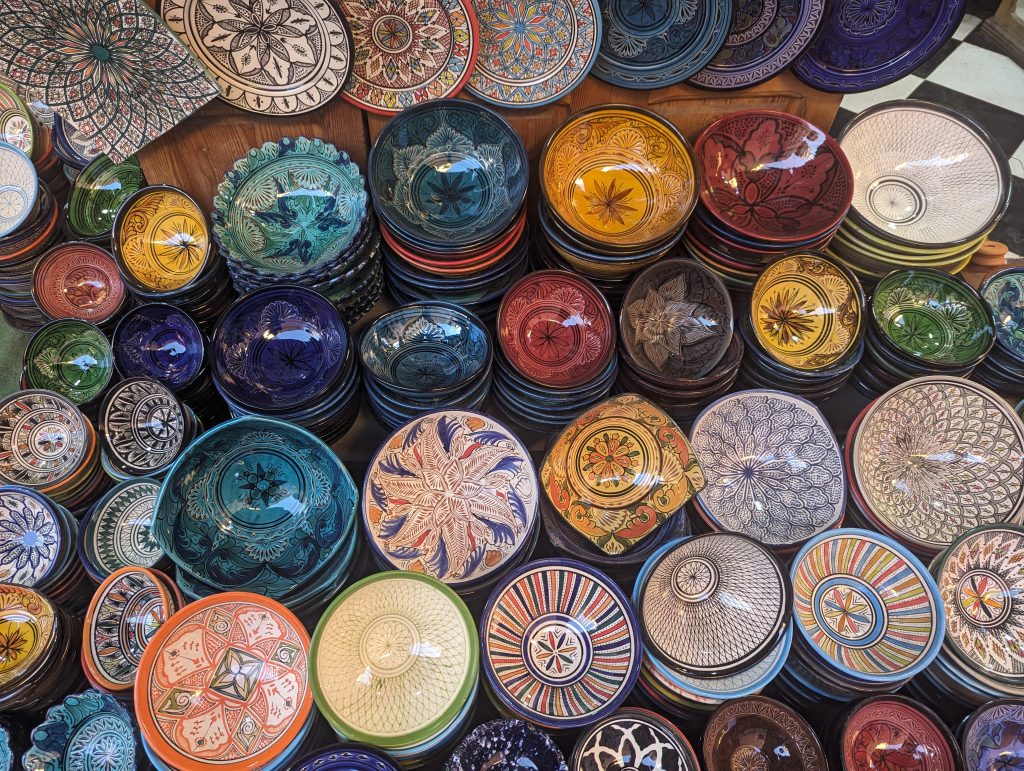
For the geocacher there is, at the time of writing, 15 caches, 12 traditionals, 2 earthcaches and a mystery plus 3 sets of Adventure Labs which will take you to the highlights of the city. Forget the rules of UK geocaching, here caches are placed in souks, cafes and restaurants with the sole intention to promote the business. Staff and local tradesmen are all aware of the geocaches, they will point you in the right direction of the cache while trying to sell you their wares.
Here in North Wales caches are never allowed to be placed in stone walls but in Marrakesh caches are hidden in holes carved out of the ‘fragile’ sun dried earthen walls. We also have rules on the proximity to airports or military establishments. The cache below is hidden in a wall surrounding the military area of the International airport.
GC1DB1F Marracache by the Mailers Traditional D1/T1.5
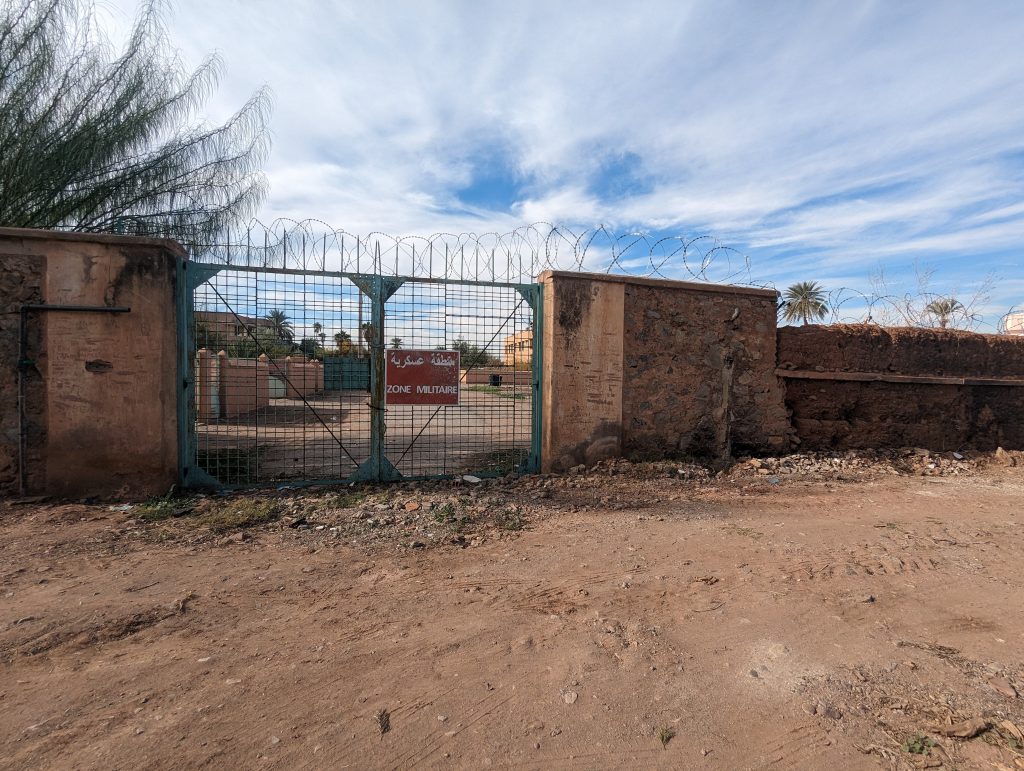
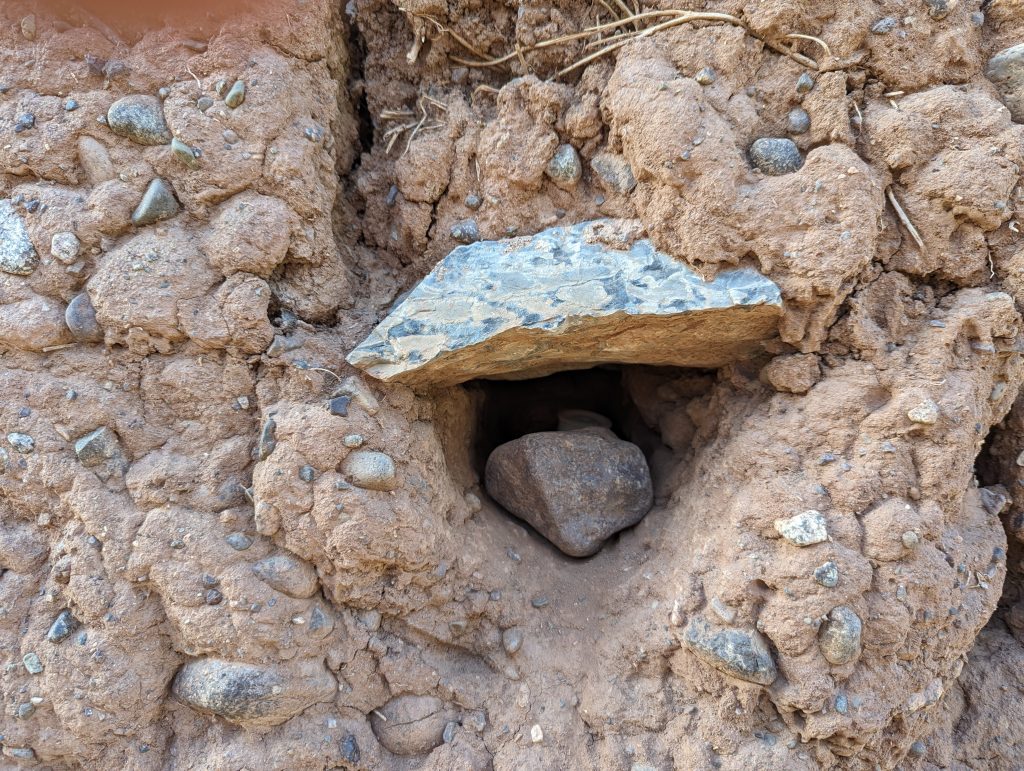
We can highly recommend a visit, Africa meets Europe here, the city is crowded, noisy and chaotic, especially the Medina with its continuous streams of mopeds, bikes, cars and people. The weather can be very hot in the summer months but for us in December it was a very pleasant 18-27 degrees. We were surprised at how many people could speak English, we found the people friendly and very helpful.
General Information and things you should know before Visiting Morocco
British nationals don’t need a visa to enter Morocco as a tourist for stays up to 90 days. British nationals who stay longer than 90 days need to go to a local police station to request an extension. When entering the country, make sure your passport is stamped and you receive a tourist number. Some travellers have experienced difficulties leaving the country because their passport has no entry stamp.
In Morocco they drive on the right side of the road and seatbelts are mandatory, even though some taxis don’t have them. The city roads are crowded and chaotic. When walking always walk on the right side.
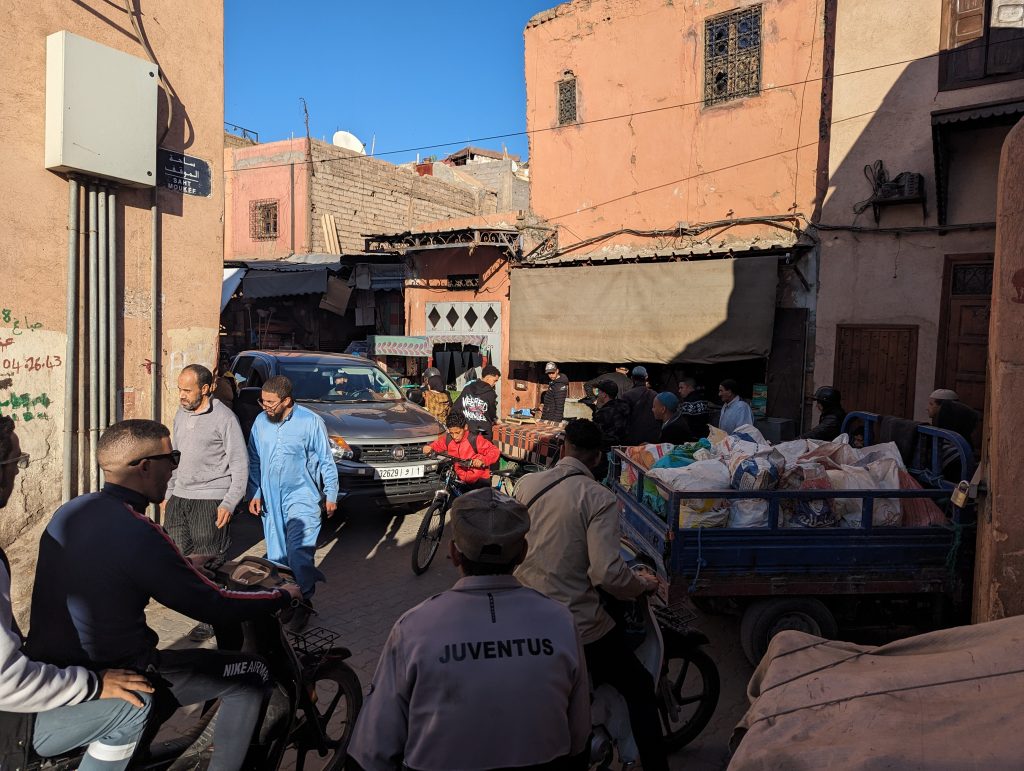
Taxis are the easiest way to travel around the cities. Petite taxis take up to 3 passengers for journeys within city limits but be aware that the driver may pick up other passenger going in the same direction. Grand taxis are for longer journeys, take up to 6 passengers, it is a shared vehicle, you only pay for your seat. These taxis have a fixed route to a set destination.
The Moroccan dirham is a closed currency, which means you cannot use or get it outside the country. It is very much a cash economy, but cards are accepted in some of the larger establishments and tourist attractions.
A mixture of French, Arabic, Amazigh and English languages are spoken in Morocco.
Islam is the state religion, and the rules of Islam are applied to personal matters in the same way that state law works in other countries. It is illegal to speak disrespectfully about religion or the king. Non-Muslims are not permitted to enter mosques or cemeteries. Friday is a holy day across the country, and most people take a few hours off in the afternoon to go to the mosque and eat couscous with their families afterward.
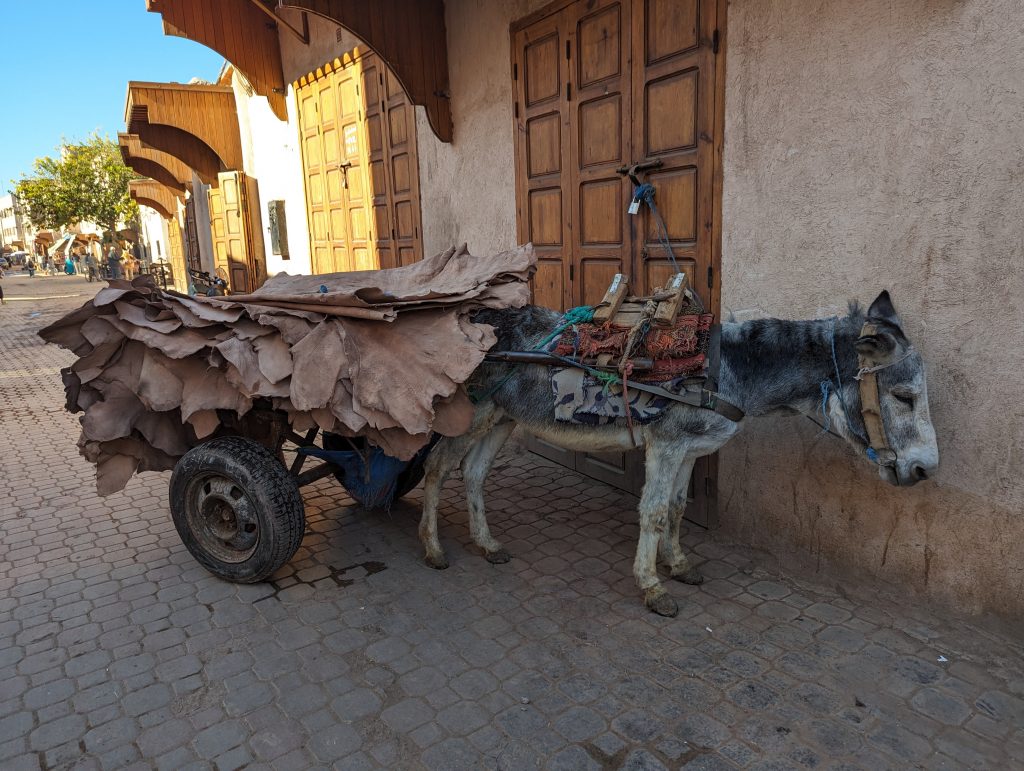
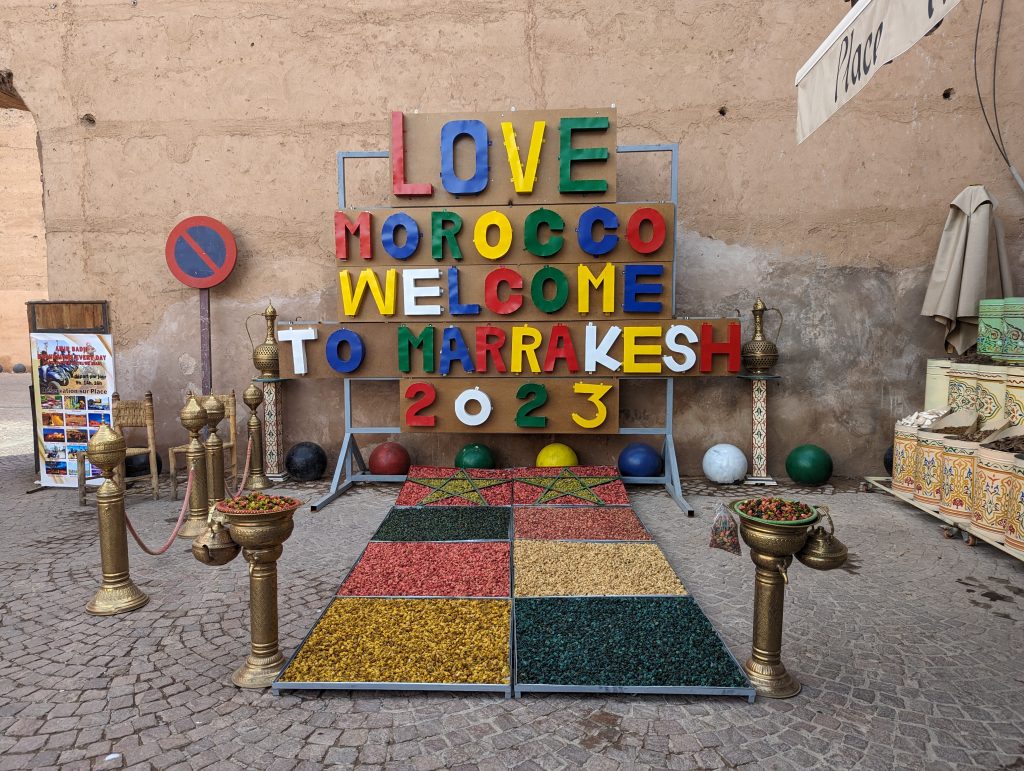
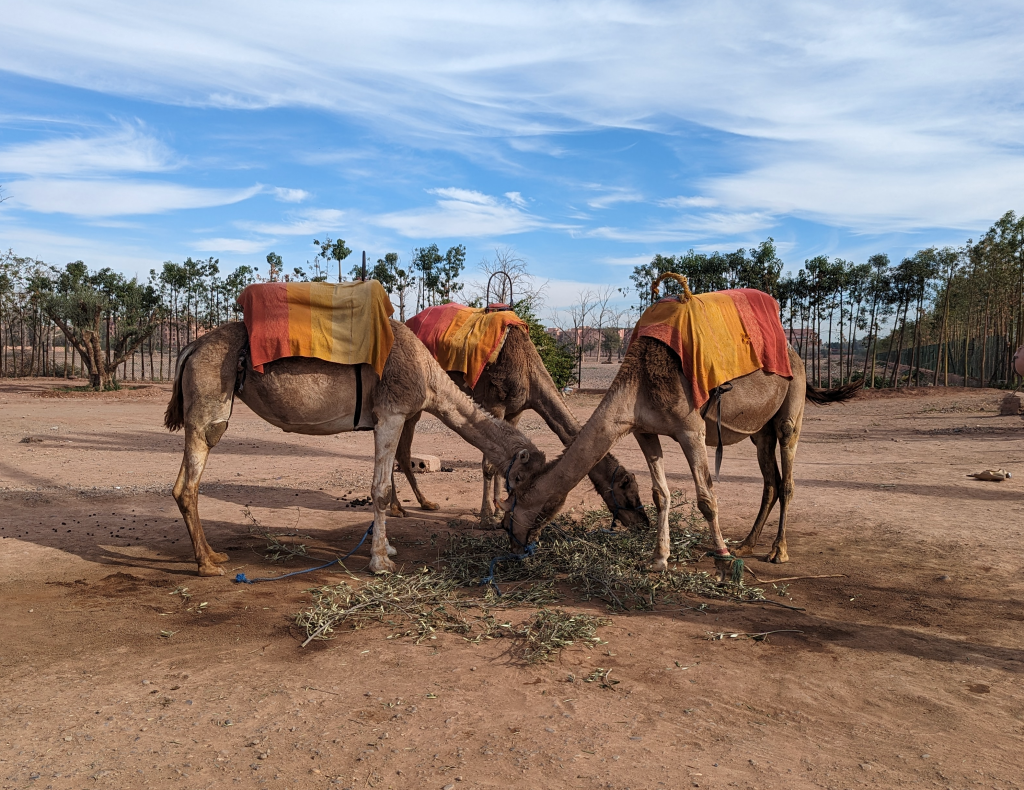
It’s best to ask permission before taking someone’s photo, many people are fine with it, but others aren’t. Drones are not allowed in Morocco without special permission.
Alcohol is forbidden by Islamic law but is available in licensed wine shops and some international hotels and restaurants.
For electric plugs and sockets there are two associated plug types, types C and E. Plug type C is the plug which has two round pins and plug type E is the plug which has two round pins and a hole for the socket’s male earthing pin. Morocco operates on a 220V supply voltage and 50Hz.
There is free WiFi in some cafes and restaurants but we advise to buy a local pay-as-you-go sim card as roaming charges are very expensive. Mobile signal is very good.
Flights to Morocco from the UK are frequent, cheap and available from most large airports, flight times are about 4 hours.

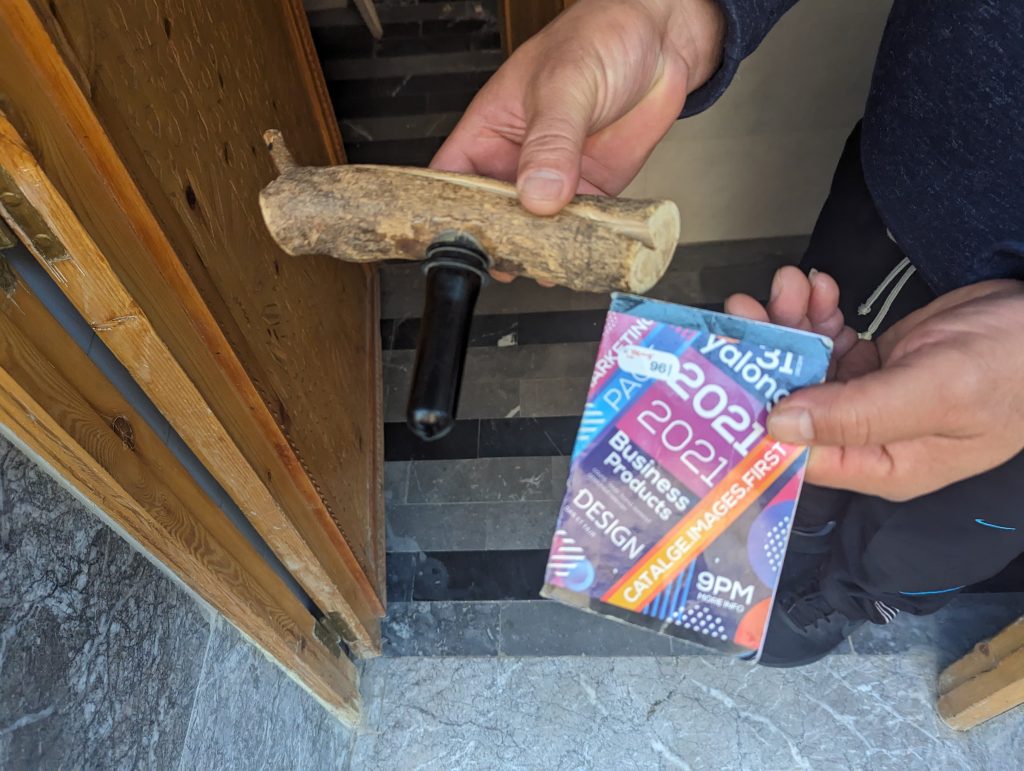
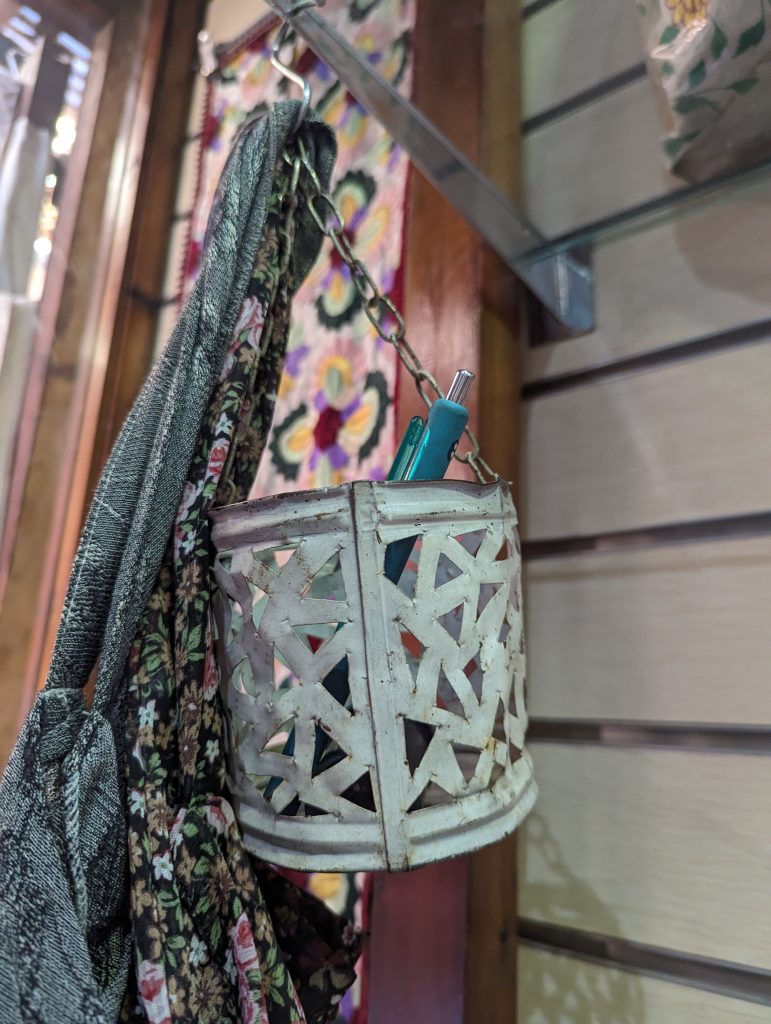
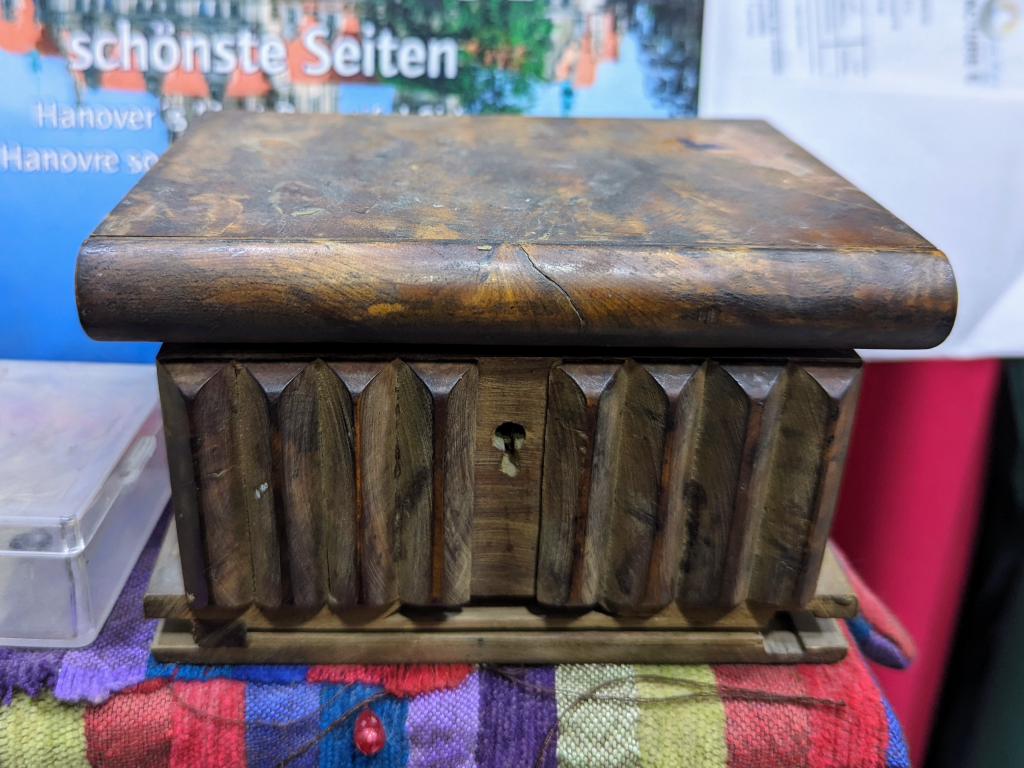
Glad you enjoyed your trip. A fascinating city. Thank you for the useful hints/tips.
Merry Christmas 🎄